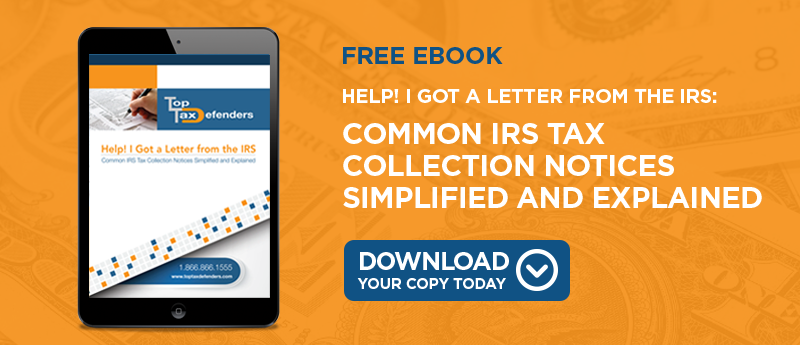
Scam artists get creative in the ways that they take advantage of unsuspecting victims. They use the latest technology to broaden their targets and to prey on vulnerable individuals like the elderly.
One of the most aggressive ways that they target their victims is by sending out emails that look like they really are sent by the IRS. You can protect yourself from these IRS email scams by learning what information they usually contain and why they can put you at risk for identity theft.
Fraudulent Promise and Threats
Scam artists send out these emails for one of two reasons: They either promise you a hefty refund from the IRS or they tell you that unless you pay a delinquent tax account that you will be civilly or criminally punished. These emails are sometimes referred to as phishing because the con artists are “fishing” for information about you and your identity.The emails that promise that you are getting a refund typically ask that you click on a link or provide your bank routing and account information so that the IRS can deposit your money. The dollar amounts of the promised refunds are typically so sizable that people desperate for cash often cannot resist following the emails' instructions.
Emails that say that you owe a past tax debt are more threatening in their tone. They tell you that you must pay the debt using a prepaid debit card or by wiring money.
It also says that if you fail to pay the debt you will be arrested or deported, have your driver's license suspended, or suffer another criminal or civil penalty. Like the emails promising a refund, these emails also may have a link that you are supposed to click to make a payment or to submit information to the IRS.
IRS Email Red Flags
You can determine that one of these emails is fake by looking for several tell-tale signs. First, most of the scam IRS emails are poorly written and contain numerous grammar, spelling, and syntax errors. The entire email may sound as if it has been written by a non-native English speaker.Second, the email may appear to have an official IRS header. However, upon closer review, you see that the header as well as the IP address do not match up with those used by the actual IRS. The email's link may use a .com or .net domain rather than .gov.
What to Do after Getting a Phishing IRS Email
If you receive an email that says it is from the IRS, it is important that you first avoid clicking on any link in the communication. The link typically contains a virus or malware that installs itself in your computer so that the scam artists can steal your private financial and identity information.
Instead, you should report it to the proper authorities in one of several simple but important ways. You can forward it to the IRS by sending it to phishing@IRS.gov. The IRS will then take the appropriate steps to investigate and punish the email's sender.
You can also report it to your local law enforcement or to the Federal Trade Commission. When submitting a report to the FTC website, you should use “IRS Email Scam” in your comments.
You can likewise report it to the Treasury Inspector General by calling 800-366-4484. You can also simply delete the email. Regardless of what steps you choose to take after receiving it, however, you should make sure that you do not click on any links or respond to the email in any way.
Legitimate IRS Contact Methods
So how will the IRS contact you if you have a legitimate tax matter that needs your attention? The IRS only communicates with taxpayers by letter. You will receive a letter from the IRS that is written on paper with an official IRS header that comes in an envelope with the IRS' genuine return address in Washington D.C.The IRS will not initiate contact with you by phone. It will return phone calls to you if you have ongoing communication with an IRS auditor or agent and request that this person call you back.
The IRS will never contact you by email, however. Likewise, it will never ask you for sensitive details like your:
- Social Security number
- Your Employer Identification Number, or EIN
- Your bank routing number
- Your bank account or credit or debit card number
If you receive an email asking for these details, you should delete and report it immediately.
Scam artists target vulnerable taxpayers by sending out phishing emails. You can protect yourself from identity theft and other financial risks by knowing how to recognize a fake IRS email and what actions to take after receiving one.




